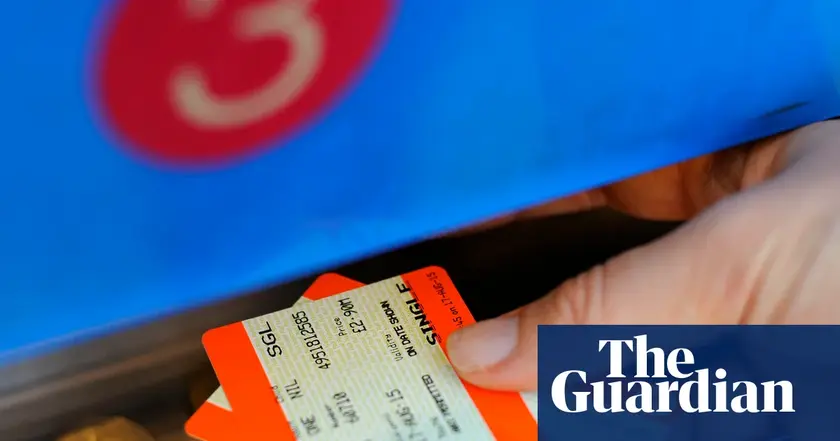T4K3.news
Rail fares could rise 5.8 percent next year
Regulated rail fares may rise by up to 5.8 percent in 2026 following inflation data. The government has not confirmed how the rise will be calculated.
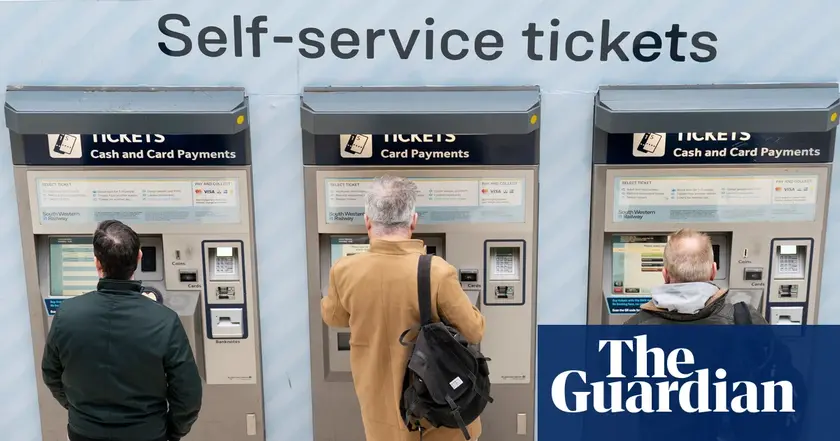
The article explains how regulated rail fares could be driven higher by inflation and what that means for passengers and policy.
Rail fares in England set to rise by 5.8 percent next year after inflation data
Regulated rail fares in England could rise by as much as 5.8 percent in 2026 if the current pattern of inflation linked increases continues. The usual method adds one percentage point to the July retail prices index, which stood at 4.8 percent according to the Office for National Statistics. The last increase was 4.6 percent in March, and about half of rail journeys fall under regulated fares including most season tickets and some long distance or urban options. Westminster directly sets many of these prices, while the devolved governments in Scotland and Wales typically cap fares at a similar level.
Passenger groups have warned that such a rise would tighten household budgets at a time of higher living costs. They want clarity on how the 2026 increase will be calculated and scrutiny of the policy process behind fare changes. The article notes that the government has not yet confirmed the method for applying the inflation pattern to next year’s fares, leaving travellers and transport groups watching closely for details.
Key Takeaways
"Prices should stay predictable for daily commuters"
A call for stable rail pricing from consumers
"Transparency on fare rules matters for trust"
Editorial emphasis on policy transparency
"Inflation should not become a barrier to travel"
A stance on affordability for travellers
The proposed fare rise underscores a broader tension between inflation control and everyday commuting costs. A predictable price path helps households plan, but a surge tied to an opaque calculation can fuel public frustration and political scrutiny. The issue also highlights how different parts of the UK manage transport affordably, with devolution creating a patchwork that keeps fare levels in line across regions. Expect policymakers to face questions about transparency, fairness for low income riders, and the balance between funding rail reliability and protecting riders from bill shocks.
Highlights
- Prices should stay predictable for daily commuters
- Inflation should not become a barrier to travel
- Transparency on fare rules matters for trust
- Public wallets are already stretched by higher costs
Rail fare rise raises budget and political sensitivity
A rise of up to 5.8 percent could strain household budgets and invite political scrutiny of fare setting. The lack of a confirmed method for 2026 increases may spark public reaction.
Policy watchers will need to see how the method for 2026 is explained and whether protections for vulnerable riders are strengthened.
Enjoyed this? Let your friends know!
Related News

Rail fares set to rise
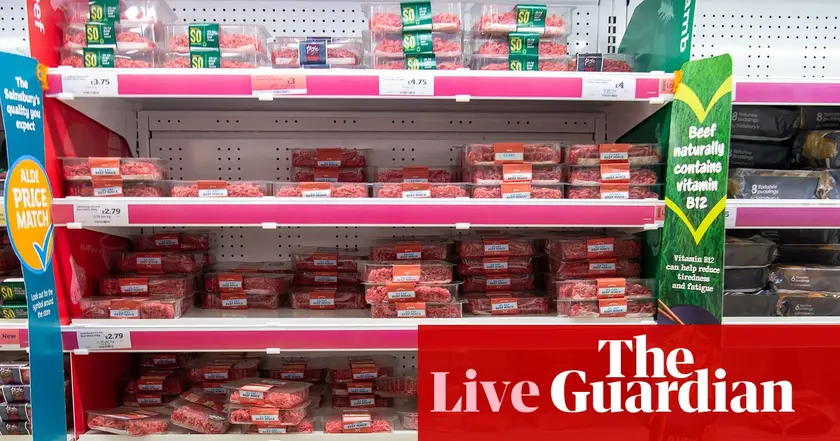
Rail fares set to rise 5.8 percent
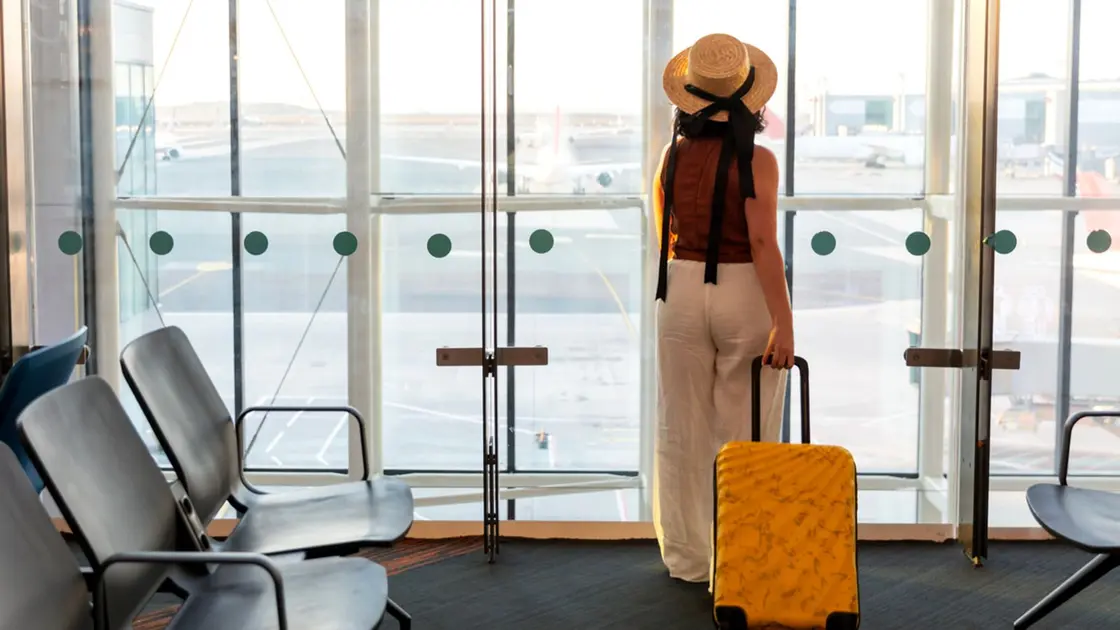
Inflation rises in July
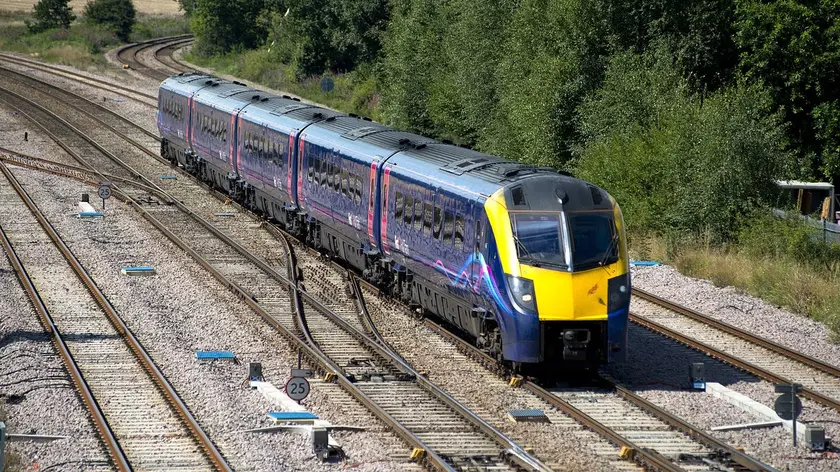
Rail fares could rise next year
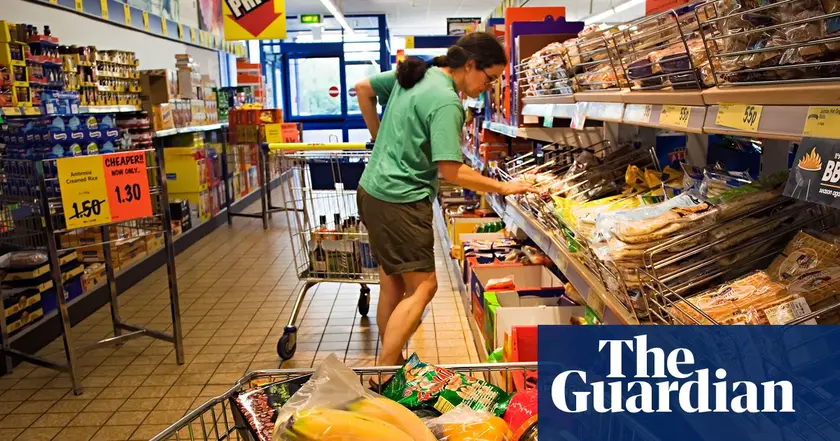
UK inflation at 3.8% in July
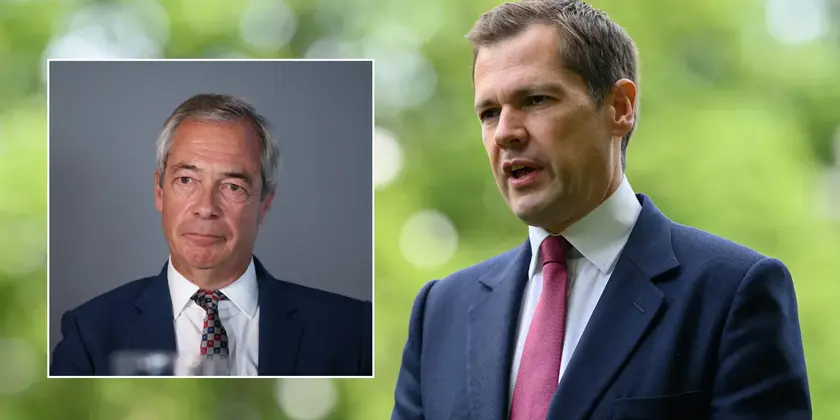
UK asylum hotel clash reshapes local politics

A level results show regional gaps persist
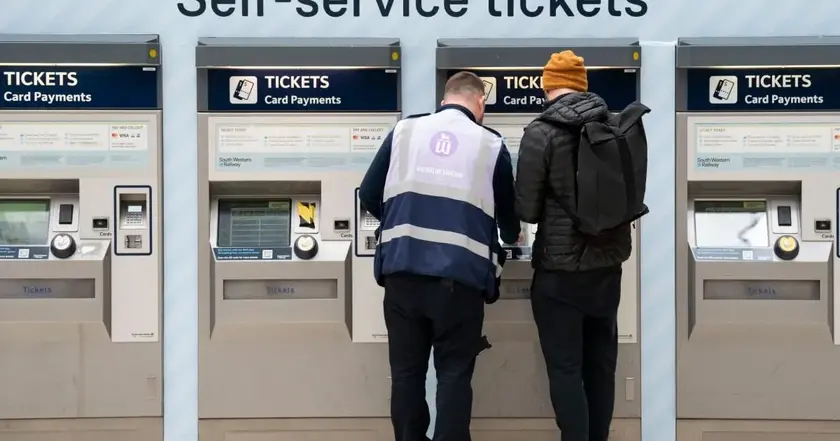
Rail fares set to climb next year
